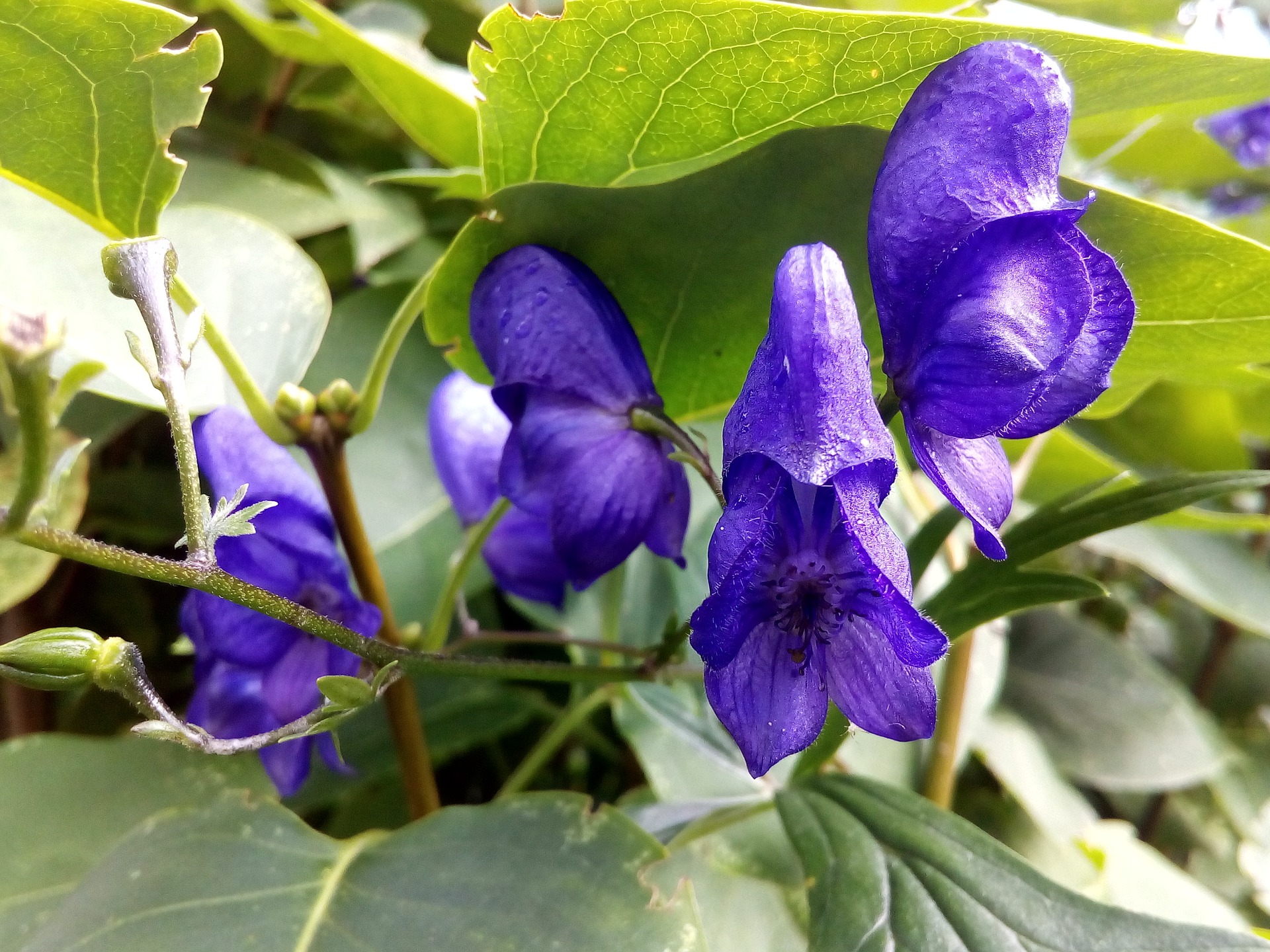David Hoffman in his introduction to “The New Holistic Herbal” states, “Herbs can be used freely and safely as part of one’s lifestyle without thinking of them as ‘medicines’. For specific health needs, their best use would be preventative … There are specific herbs which strengthen and tone specific organs and systems … the following may be safely used over extended periods of time:
Circulatory system: Hawthorn Berries (Crataegus oxyacanthoides) (Shan Zha)
Respiratory system: Mullein (Verbascum Thapsus) (Jia Yan Ye)
Digestive system: Meadowsweet (Filipendula ulmaria) (Xuan Gao Wen Zi Cao)
Nervous system: Skullcap (Scutellaria lateriflora -Labiatae) (Not Baical Skullcap Root which is Huang Qin - Radix Scutellariae Baicalensis - Labiatae)
Skin: Nettles (Urtica) (Xun Ma)
Muscular and skeletal system: Celery Seed (Apium Graveolens) (Qin Cai)
Reproductive system: Raspberry Leaves (Rubus idaeus) (Fu Pen Zi)
Urinary system: Buchu** (Agathosma betulina) …”
(We’ve added in italics the Latin and, where known, the Chinese Medicine name.)
**Contraindicated in pregnancy










